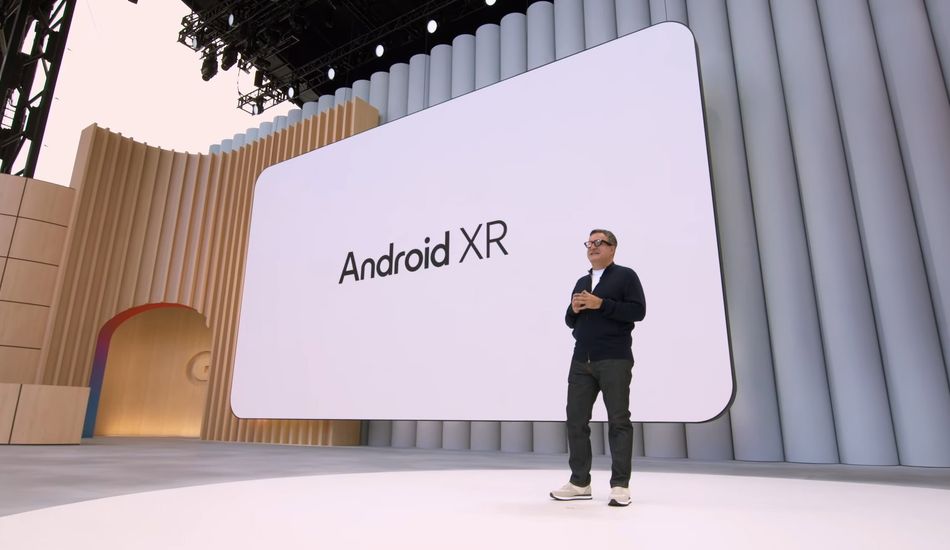
Google's Android XR Glasses Prototype Unveiled: Meet Google Martha
After a year of anticipation sparked by Project Astra, Google unveiled its Android XR glasses at Google I/O 2025, marking a significant step in the evolution of wearable technology. While these glasses are still in the prototype phase, not intended for immediate consumer release, they offer a glimpse into the future of augmented reality. My colleague had the opportunity to experience them firsthand, and his impressions were notably positive.
Now, we've uncovered the internal codename for this intriguing device: Google Martha. This name, revealed through a photo of the companion app for the Android XR prototype glasses, gives us a more intimate look at Google's development process. Shared by app developer Sayed Ali Alkamel, the image showcases several settings and features of these connected smart glasses.
The companion app, which allows users to manage notifications and settings, also includes a "Record your view" function, enabling wearers to capture video of their perspective along with the glasses' UI. Moreover, options for feedback and problem reporting are integrated, suggesting a focus on iterative improvement based on user input.
As showcased at Google I/O 2025, Google Martha operates on the Android XR platform, opening up a range of possibilities. These include real-time object identification, live translation, and more, all powered by Gemini. Notably, the prototype features a screen in only the right lens, a design choice that distinguishes it from other smart glasses that may offer dual-lens displays or rely solely on audio cues.
While the prospect of acquiring Google Martha may be enticing, it's important to remember that this device is primarily a prototype. However, looking ahead, there's potential for future smart glasses, building upon the foundation laid by Martha, to eventually reach consumers. Until then, other projects like XReal's Project Aura and Samsung's Project Moohan offer alternative visions of the future of wearable technology.
Source: AndroidAuthority